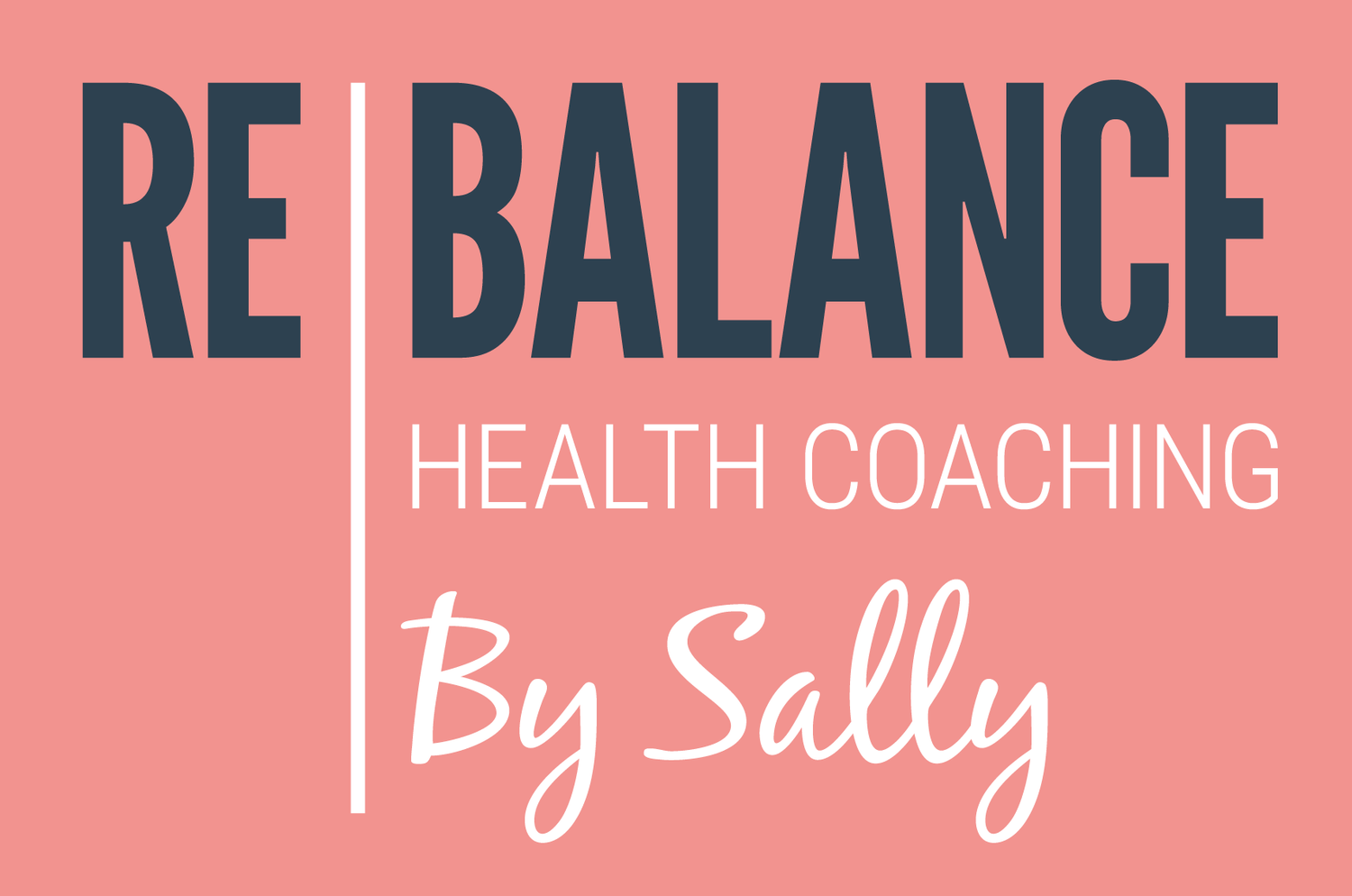Nutrition Essentials for menopause
This is part 3 of our Holistic Solutions for Menopause Relief article series, especially for menopause awareness month. Along with other menopause experts, we’ve explored a number of options to transform your menopause experience.
A combination of different holistic practices and small nutrition and lifestyle changes can make a big impact on your menopause in addition to helping to support a long healthy life.
Hi, I’m Sally,
I’m a Registered Health Coach & Menopause Wellbeing Practitioner. I can help you to improve your menopause symptoms with nutrition and lifestyle.
Sally Sidani-Wilkinson, Founder of Re-Balance By Sally
Website: www.rebalancebysally.com
NUTRITION FOR MENOPAUSE
Nutrition plays a vital role during this transformative phase of life. Nourishing the body with a nutrient-dense diet is essential for managing symptoms, supporting hormonal balance, and promoting overall health and well-being. During menopause, our nutritional needs change, making it important to focus on foods rich in vitamins, minerals, antioxidants, healthy fats, and proteins. By embracing a wholefood and balanced approach to eating, we can not only ease the transition but also support long-term health and vitality. Here are some tips on the best nutrition to support menopause.
Protein:
Including protein in every meal is crucial during menopause. It plays a key role in supporting hormone balance, which becomes increasingly important as hormone levels fluctuate and decline. Protein also promotes muscle and bone health, helping to counteract the natural loss of muscle mass and the decline in bone density caused by reduced oestrogen, both of which increase the risk of osteoporosis. Additionally, protein helps boost metabolism, aiding healthy weight management during this stage of life.
Good sources of protein include: -
1. Meat, fish, poultry, dairy
2. Eggs
3. Legumes
4. Nuts and seeds
5. Tofu and tempeh
Fibre:
Including high-fibre foods in the diet is beneficial during menopause. Fibre can help promote digestive health, regulate bowel movements, lower cholesterol levels, and promote feelings of fullness which supports weight management. Drink plenty of water when increasing fibre intake to prevent constipation or digestive discomfort.
Foods rich in fibre include: -
1. Whole grains e.g. oats, quinoa, brown rice
2. Fruit
3. Vegetables
4. Legumes
5. Nuts and seeds
Healthy Fats:
Incorporating healthy fats into the diet during menopause is highly beneficial, as hormones are produced from cholesterol. Healthy fats also support heart health, brain function, and help maintain hormone balance during this time of change.
Good sources of healthy fats include: -
1. Oily fish e.g. salmon, mackerel, sardines
2. Avocado
3. Nuts and seeds
4. Olive oil & coconut oil
5. Full-fat natural yoghurt
Phytoestrogens:
Phytoestrogens are plant-based compounds that are structurally similar to the body’s own oestrogen hormone. These compounds can help balance hormone levels and alleviate some of the symptoms experienced during menopause.
Good sources of phytoestrogens include: -
1. Soy products e.g. soybeans, tofu, tempeh
2. Flaxseeds and Sesame seeds
3. Legumes
4. Berries
5. Whole grains e.g. oats, barley, and rye
As every person has different symptoms, different health histories and different tastes in food and drink, at Re-Balance by Sally we work with you to develop personalised menopause supportive nutrition plans with delicious hormone balancing recipes that the whole family will love. Contact us to learn more, email sally@rebalancebysally.com





